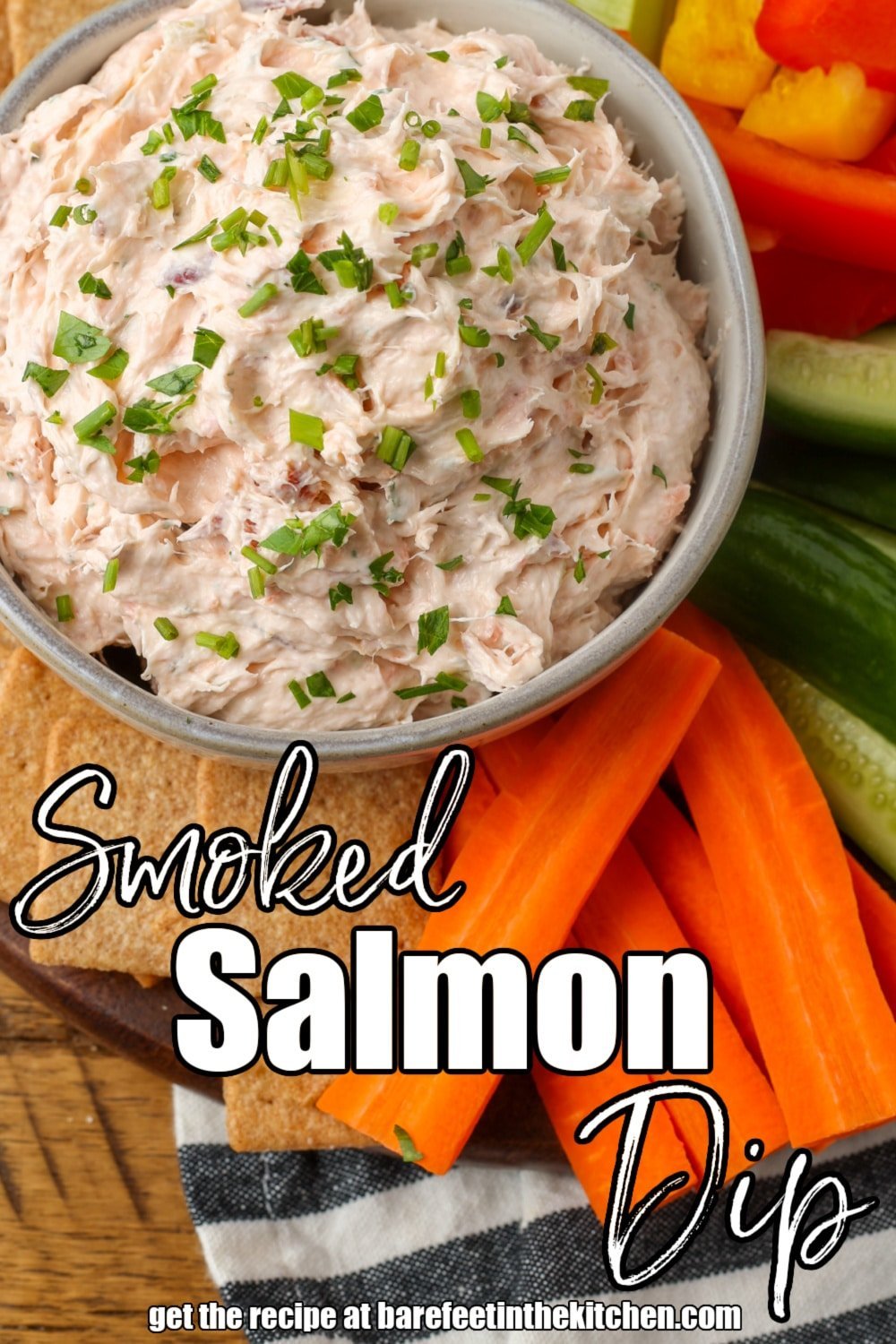A single dose of psilocybin—the psychoactive compound in “magic mushrooms”—administered along with psychological support continued to relieve depression and anxiety for two years in a small study of cancer patients with major depressive disorder, according to findings described in the journal Cancer, published by the American Cancer Society.
“These findings demonstrate robust antidepressive activity from a single 25 milligram dose of psilocybin combined with psychotherapy and suggest a potentially paradigm-changing alternative to traditional antidepressants requiring further study,” authors Manish Agrawal, MD, of Sunstone Therapies and Aquilino Cancer Center, and colleagues concluded.
A cancer diagnosis often gives rise to feelings of sadness, worry or distress, but about 25% of patients develop clinically significant depression symptoms, which can lead to worse outcomes, such as lower treatment adherence, reduced quality of life and higher mortality. Pharmaceutical antidepressants do not always work for this population, and they come with side effects and drug interactions.
Psilocybin is a serotonergic agonist that alters perception, mood and ego function, sometimes inducing spiritual or mystical experiences. Its promise for improving psychological well-being in people with life-threatening illness was recognized decades ago, and researchers are studying the compound as a treatment for depression in people with or without cancer or other life-threatening diseases.
Just this week, Compass Pathways announced that a single dose of COMP360—the biotech company’s proprietary synthetic formulation of psilocybin—led to a greater reduction in clinical depression at six weeks compared with a placebo in an ongoing randomized controlled trial of people with no other specific illness. (Although the study was blinded, participants and clinicians can generally guess who was assigned to the psilocybin group due to the psychedelic effects.)
Enrolling more than 250 participants with treatment-resistant depression at over 30 U.S. sites, this is the first study of a synthetic psilocybin and the first “classic psychedelic” to yield Phase III efficacy data, according to a Compass news release. A parallel randomized trial is underway with 568 planned participants in North America and Europe.
While the average reduction in the Montgomery-Åsberg Depression Rating Scale (MADRS) score in the psilocybin group was just 3.6 points more than in the placebo group, the company described the difference as “highly statistically significant and clinically meaningful.” These results are in the same range as those for Spravato, a formulation of ketamine approved by the Food and Drug Administration. There were no unexpected safety concerns.
Agrawal’s study of cancer patients was much smaller, enrolling 30 people at a single community cancer center, and it has a longer duration of follow-up. The participants had curable or incurable cancer and major depressive disorder. People currently taking antidepressants or using medical cannabis were excluded, but those who had used psilocybin or other psychedelics recreationally more than a year ago were eligible.
This open-label Phase II trial was not randomized, and all participants received a single 25 milligram dose of psilocybin in oral capsules. In addition, they participated in one-on-one therapy sessions with trained clinicians and group therapy sessions before and after psilocybin administration.
In 2023, the researchers reported initial results in Cancer and in JAMA Oncology, showing that 80% of psilocybin recipients saw a sustained improvement in depression severity at eight weeks, with a mean MADRS score decrease of 19.1 points, and half experienced full remission. Two different self-assessment measures also showed reduced depression. There were no psilocybin-related serious adverse events, including suicidal thoughts, and treatment-related side effects (such as nausea, headache and hallucinations) were generally mild.
In the new two-year analysis, which included 28 remaining participants, 54% showed a significant reduction in depression, with an average MADRS score decrease of 15.0 points, and half had sustained improvement. What’s more, 43% experienced a sustained reduction in anxiety. Building on these findings, a randomized double-blind trial is now underway.
“One dose of psilocybin with psychological support to treat depression has a long-term positive impact on relieving depression for as much as two years for a substantial portion of patients with cancer, and we’re exploring whether repeating the treatment resolves depression for more than half of the patients,” Agrawal said in a news release. “If randomized testing shows similar results, this could lead to greater use of psilocybin to treat depression in patients with cancer.”
With longer follow-up, the benefits of psilocybin may prove to be even more durable. An earlier study, started in 2016, found that cancer patients who received a single dose in conjunction with extensive psychotherapy saw significant reductions in depression and anxiety and improved quality of life that lasted nearly five years.
Click here for more news about mental health.

